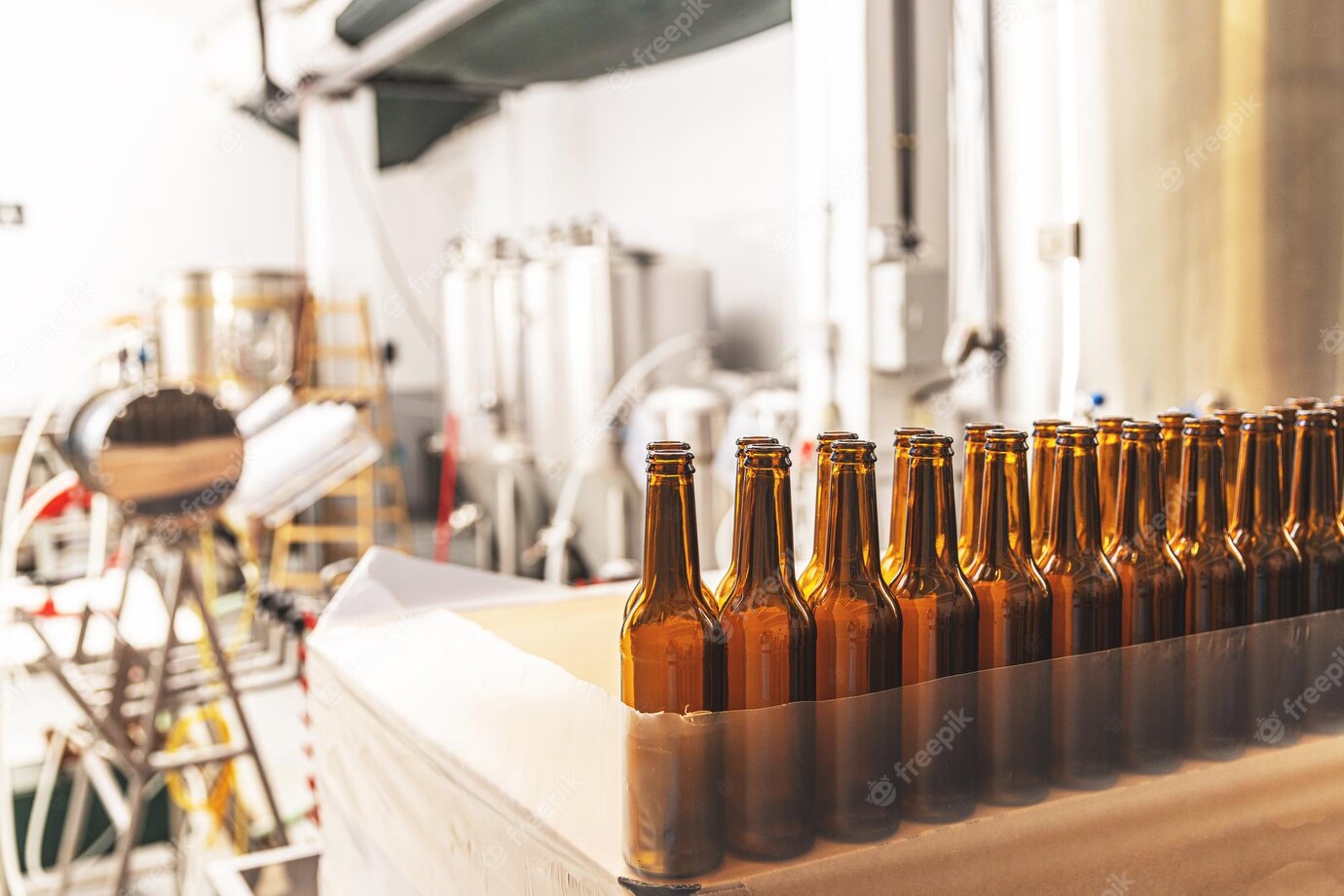Unlock the secrets of selecting the perfect hop variety for your brew. Get hop know-how here!
Hops are a key ingredient in beer-making, providing the bitter and floral aroma and flavor to the final product. While it may be simple to select hops, there are many factors to consider when making the right selection. This article will provide an in-depth look into the importance of hops, the different varietals, and the process of selecting the perfect variety for your beer. This will help homebrewers and craft brewers make educated and informed decisions about which hops to use for their beer recipes.
All About Hops: Selecting the Right Variety
Brewing beer is an ancient and complex process, involving a multitude of ingredients, equipment, and time. One of the most important ingredients in beer is hops; the plant provides essential oils and acids to contribute to the bitter taste and aroma of beer. Selecting the right variety of hops for your brew is essential for achieving the desired outcome. In this article, we’ll answer all of your hop-related questions and provide guidance on selecting the right variety for each beer type.
Hops (Humulus lupulus) is a perennial flowering vine that produces, as with most plants, a fruit-bearing cone. The hops cone, more commonly referred to as a “hop,” is the main ingredient used to flavor beer. This cone is filled with essential oils and alpha acids that contribute to the overall taste of the beer. The essential oils, called the lupulin gland, are the key ingredient in flavoring; the alpha acids, when boiled, offer an additional bitter flavor to balance out the sweetness of the beer’s malt and sugars.
Different hop varieties have different concentrations of alpha acids and essential oils, meaning selecting the right hops is important for flavor. If a beermaker selects hops that are too mild, the beer will lack complexity and depth; likewise, selecting hops that are too strong can make the bitterness overpowering. Furthermore, different hop varieties offer unique flavor and aroma benefits, giving the brewer the chance to be truly creative and craft the perfect beer.
Types of Hops
Aromatic Hops:
Aromatic hops are the most widely used and most popular type of hops used in craft brewing. Aromatic hops typically have a floral or herbal aroma and tend to not be very bitter; they are an ideal choice for lagers, ales, and wheat beers. Common aromatic hops varieties include Cascade, Centennial, and Willamette.
Bittering Hops:
Bittering hops are more heavily used for their alpha acid content than their aromas. These hops are usually more mature than aromatic hops, meaning they have a higher alpha acid content, and thus higher bitterness. Bittering hops are usually used in combination with aromatic hops for bittering and aroma benefits. Common bittering hops varieties include Magnum, Zeus, and Northern Brewer.
Newer Hop Varieties:
Newer hop varieties are popping up all the time in craft brewing. These hops offer unique flavors and aromas, giving brewers the chance to be very creative in their brewing. For example, some popular newer hop varieties include Azacca®, Citra®, and Simcoe®.
When to Use Certain Hops
The general rule of thumb when selecting hops is to match the flavor and aroma characteristics of the hops with the beer you are brewing. Lagers and wheat beers taste best when made with aromatic hops, while ales and IPAs taste best when made with both aromatic and bittering hops. Newer hop varieties, such as the Azacca®, Citra®, and Simcoe®, pair well with the more modern IPAs and Double IPAs.
Furthermore, there is no such thing as a one-size-fits-all hop variety; there are many different types of hops and each one offers its own unique characteristics. Evaluate the aromas and bitterness of the hops you’re considering and explore what other brewers have to say about them beforehand. In addition, pay close attention to the ambient and fermentation temperature of your beer, as it can greatly affect the flavor of the hops.
How to Store Hops
Storing hops properly is important for preserving their full flavor and aroma benefits. Hops should be stored properly before and after harvesting to protect them from heat, moisture, light, and oxygen; all of these can negatively affect the quality of the hops. The best way to store hops is to keep them in a cool, dry, dark place in an airtight container.
Why Quality Matters
The quality of hops you use can greatly affect the taste and aroma of your beer. Selecting fresh, high-quality hops can make the beer taste and smell more flavorful and vibrant. The high-quality hops may cost a bit more, but it will be worth the additional cost in the end. Low-quality hops can also contain bacteria and contaminants, which can give the beer an off-flavor or even make it undrinkable.

